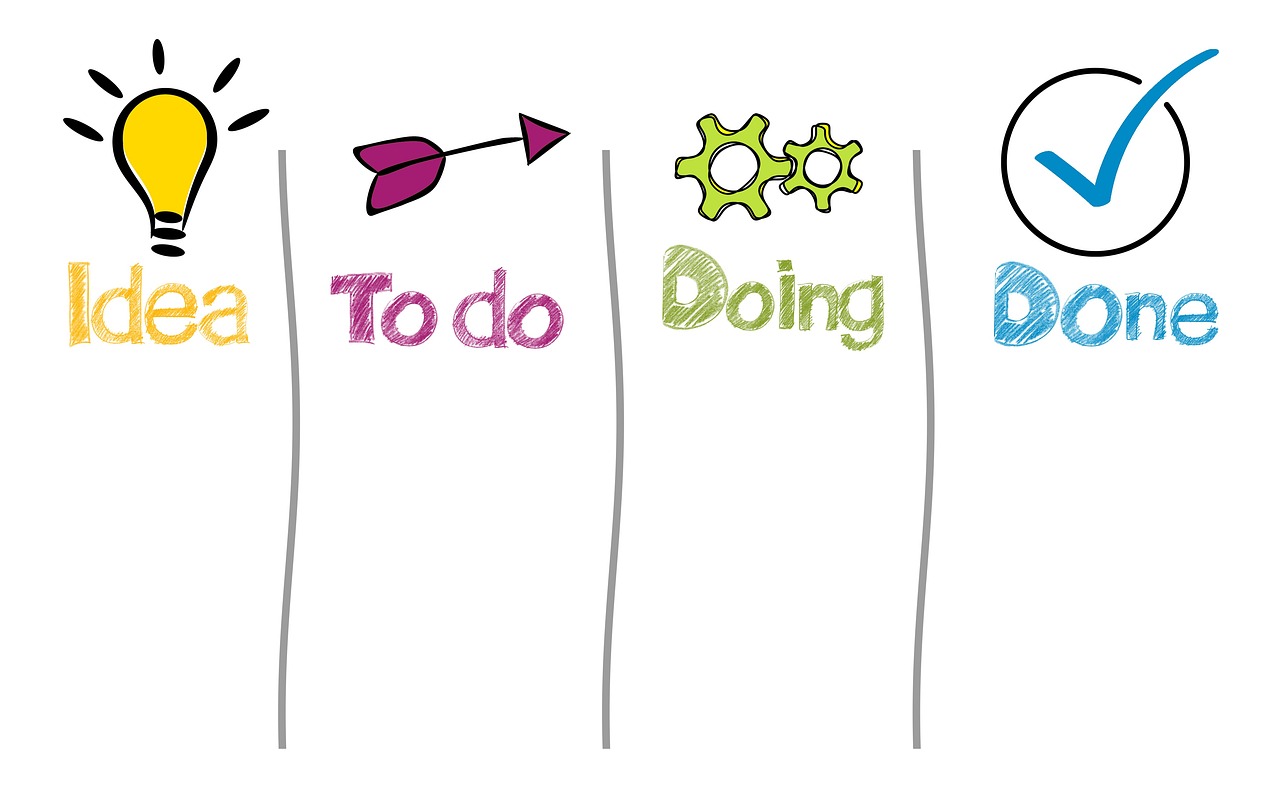It takes guts to start a business. It also takes a strategic mindset to succeed.
Business owners are no strangers to weighing risk and navigating uncertainty, but the recent economic climate has dialled everything up. Many business owners face the uncomfortable position of having to remap carefully thought-out succession plans and exit strategies and to consider selling their business before they’re ready and, possibly, for less than it’s worth.
Transition may be a better option
Rob Young, Managing Director of Platform 1, works with business owners on ensuring they get the best possible return when selling their business. Rob’s advice is to start by thinking about what options you have first.
There are five different ways to sell:
- Close the business down and sell the assets
- Sell to a family member
- Sell to an employee
- Just a straight sale to an outside party
- Gradual buy-out – The Platform 1 model.
The Platform 1 model is a gradual buy-out program. It involves finding a manager to take the reins early on. Gradual buy-out a process that involves:
– figuring out what kind of individual would be right to run the business; finding that person, and developing them.
– Creating a plan where the new manager buys in gradually over 3 to 6 years. The objective is to get the owner out of the business physically as quickly as possible by transferring relationships and processes to the incoming person, so the owner becomes more of an investor rather than a manager.
The Platform 1 model is a gradual buy-out program. It involves finding a manager to take the reins early on. Gradual buy-out a process that involves:
– figuring out what kind of individual would be right to run the business; finding that person, and developing them.
– Creating a plan where the new manager buys in gradually over 3 to 6 years. The objective is to get the owner out of the business physically as quickly as possible by transferring relationships and processes to the incoming person, so the owner becomes more of an investor rather than a manager.
without your involvement, you don’t have to sell it completely, so not selling down 100% of the business is a viable option.
Talk to us today about your succession plan
If you don’t already have a succession plan in place, we can help so that you have options when you need them.



